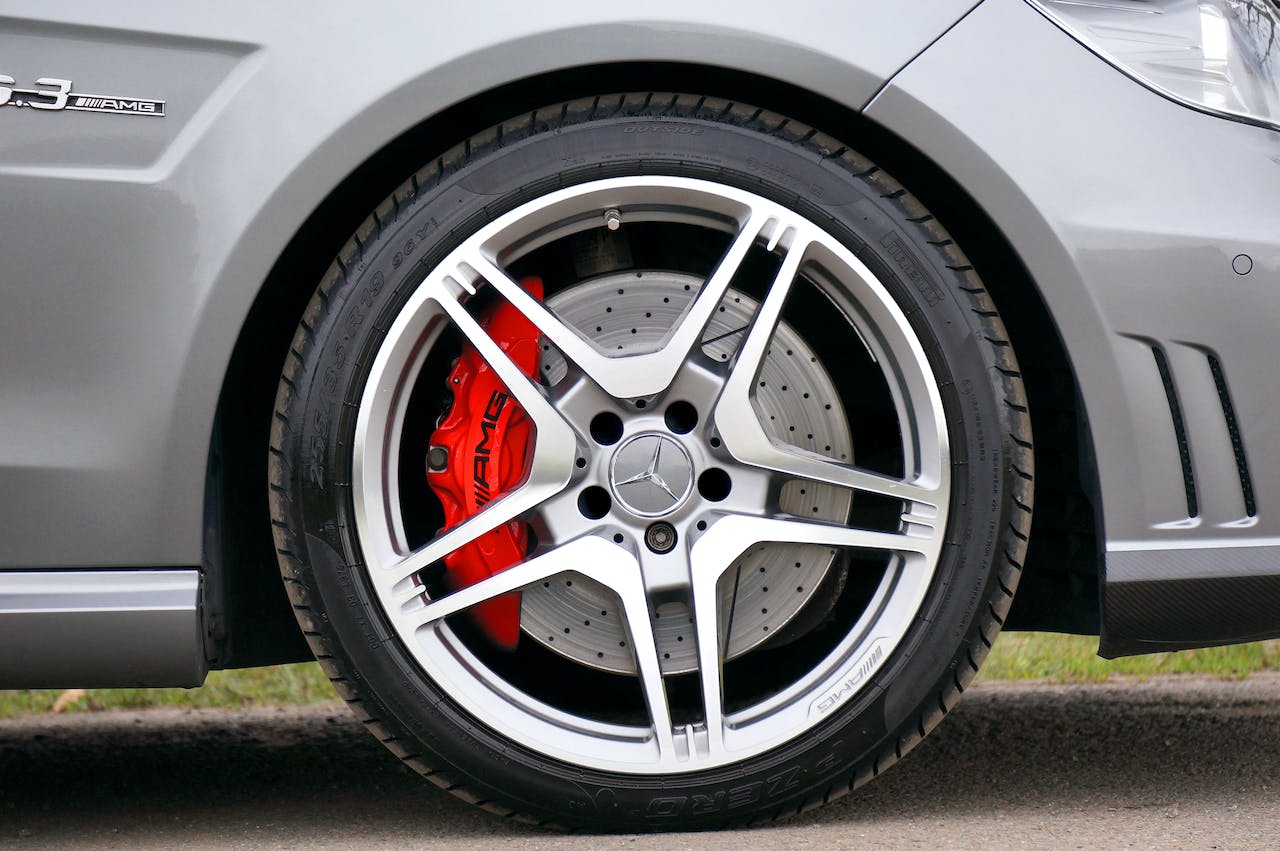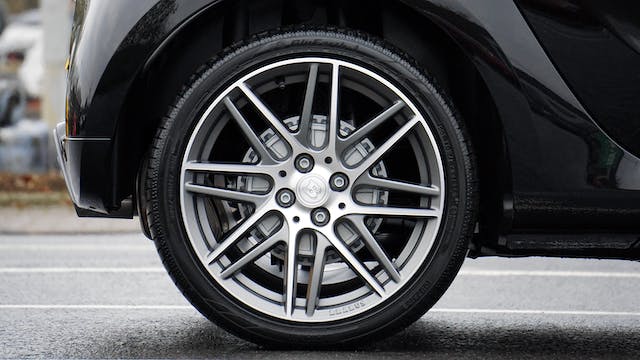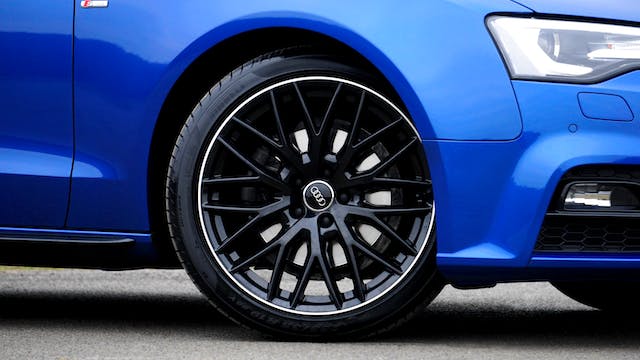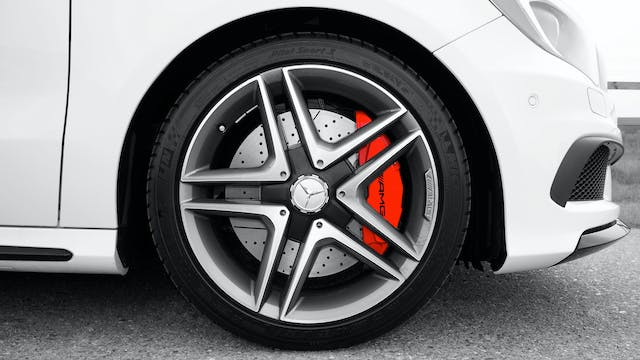Comments
- No comments found

There is no denying that owning a car is expensive.
You have to maintain it regularly, replace its parts, and take it for servicing in order to keep it in good condition. On this note, one of the most significant expenses of owning a car is replacing its wheels. Your wheels are subjected to wear and tear no matter how safely you drive.
Fortunately, there are several companies today that are willing to help finance rim and tire purchases for your vehicle. However, even though it is easy to get financial assistance, it is crucial that you take the necessary proactive steps to make sure your tires last longer.

Every individual has encountered this situation where they had to call professionals to change their vehicle tires in the middle of nowhere. Such situations generally occur when you don’t pay attention to the health of the tires.
Here are other ways that can make your tires last longer.
Maintaining the optimal tire pressure is crucial to ensure fuel economy, tire performance, safety, and durability. You need to check the pressure of your tires once every month or after a long journey to ensure the inflation level is at the recommended level. If you don’t know what the recommended tire inflation level is, you can check for it in the vehicle’s manual or search for it on the internet. Under-inflated tires can lead to severe damage to the tire and even major mechanical damage.
Many people have this tendency to spin the tires excessively when they are stuck in snow, mud, or sand. You must avoid doing this because it may cause severe damage, which will force you to change your tires sooner. Instead, gently move them forward and backward to prevent overheating.
Every once in a while, you have to check your tires for any wear and tear. If you don’t address minor problems immediately, it will lead to major mechanical problems, which can be heavy on your pockets. Look for scratches, cracks on the sidewall, bubbles, and other signs that point toward damaged tires.

Buying the right tires for your vehicle may sound simple, but it is not. You must understand your driving habits and the terrain you drive in to understand which tire will suit you the best. If you use your car for commuting to the office, you should look for tires that can withstand long highways and high traffic. Moreover, consider the climate in your area. If you live in a place that receives heavy snow, go for tires that are specially made for such roads.
Your tire’s tread depth indicates how much rubber is touching the road. Newly bought tires have a depth of 10/32 to 11/32 inches. But as you drive, the depth of the treads reduces, and driving with tires with thin treads is not safe. Many states in the US have guidelines on the minimum legal limit of tread depth. In most states, it is 2/32 inches, beyond which it is risky and illegal to drive.
Just because your vehicle can handle being overloaded doesn’t mean you will stuff it to the brim. Every vehicle has its load limit, and it is best not to exceed it. Overloading leads to unnecessary pressure on your tires, which will reduce their longevity.
If you have a TPMS or tire pressure monitoring system installed in your car, you must check the lights in the system regularly. If the lights are yellow, it is time to change the tires. Ignoring this light will lead to decreased fuel efficiency, low performance, and even heavy mechanical damage.

Yes, tires are an expensive expenditure. But it also saves you future fuel and servicing costs. So, ensure you get the right tires based on the climate and specific driving habits.
Taking care of your tires is important to improve their longevity. You can’t expect your tires to run optimally for years if you don’t take care of them. However, it is crucial to understand that tire expenses are a part of owning a car which can’t be avoided (only delayed). So, if you are short on money, purchasing tires from a company that also provides financial assistance is a wise decision.
Leave your comments
Post comment as a guest